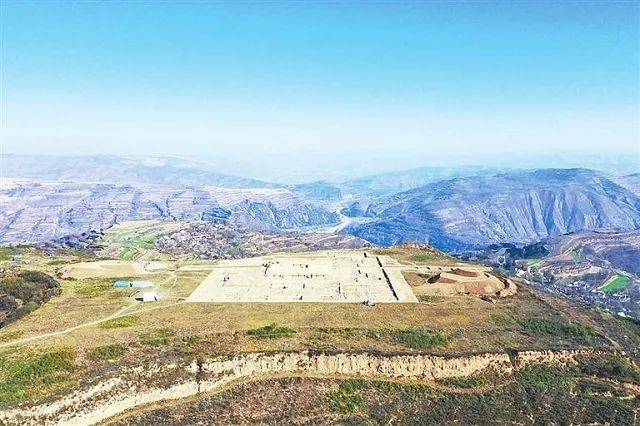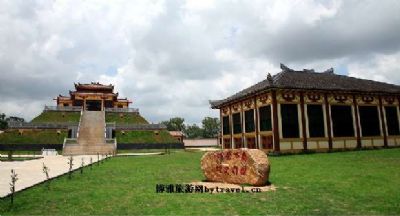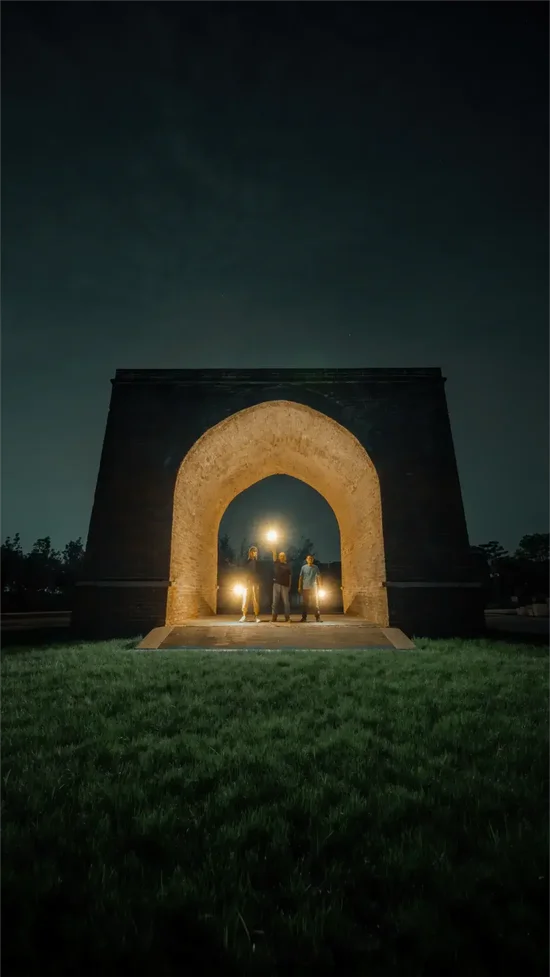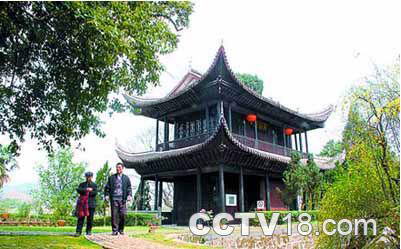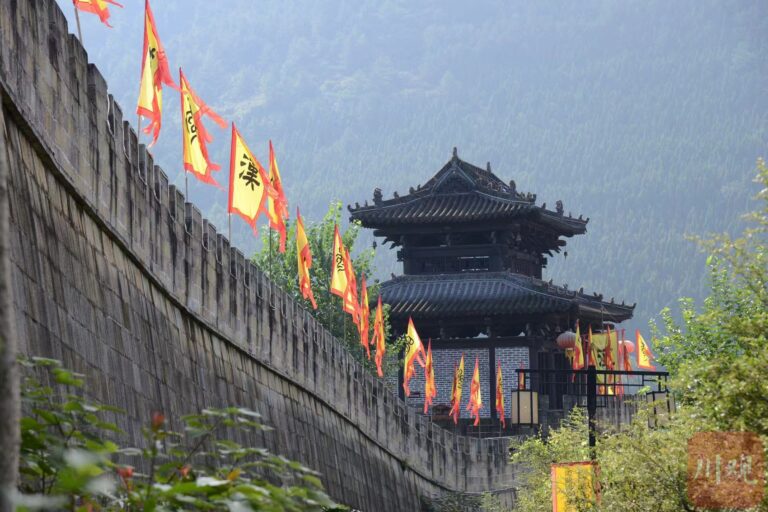Discover the Enchantment of Dali Baiyangcun Yizhi: A Hidden Gem in Yunnan
An Essential Guide to Visiting Dali Baiyangcun Yizhi
In This Guide
- An Essential Guide to Visiting Dali Baiyangcun Yizhi
- The Rich History of Dali Baiyangcun Yizhi
- Main Highlights: What to See at Dali Baiyangcun Yizhi
- Planning Your Visit: A Practical Guide
- Tickets, Hours, and Booking
- How to Get There
- Local Cuisine and Accommodation
- Frequently Asked Questions
- Final Thoughts on Your Trip
Nestled in the picturesque valleys of Yunnan Province, the Dali Baiyangcun Yizhi, or Baiyang Village Ruins, offers a remarkable glimpse into ancient agricultural societies that once thrived in this enchanting region. Just a short distance northeast of Binchuan County, these archaeological remains span approximately 3,000 square meters and date back to around 2200-2100 BC, making them one of the earliest known sites of rice-based agriculture in the Yunnan-Guizhou Plateau.
Discovered during excavations by the Yunnan Provincial Museum in the early 1970s, the site showcases a rich tapestry of cultural and historical significance, featuring remnants of rectangular stone buildings and a variety of burial practices that speak to the complex social structures of the time. Among the findings are remains of domesticated animals and unique stone tools, which hint at both the livelihood and the rituals of the early inhabitants.
Visitors to Baiyangcun will find not just ruins, but a narrative woven through time—of survival, innovation, and the interplay between humanity and nature. As you explore this archaeological treasure, you are invited to reflect on the lives led by those who once called this land home, and to appreciate the historical depth that adds to the allure of Yunnan. Whether you are an archaeology enthusiast or a casual traveler seeking unique experiences, a visit to the Baiyang Village Ruins promises to enrich your understanding of China’s ancient civilizations.
The Rich History of Dali Baiyangcun Yizhi
The Dali Baiyangcun Yizhi, or Baiyang Village Ruins, is a significant archaeological site located approximately three kilometers northeast of Binchuan County in Yunnan Province, China. This site is nestled within the rich cultural landscape of the Jinsha River basin and spans an area of about 3,000 square meters. Excavations conducted by the Yunnan Provincial Museum between 1973 and 1974 revealed layers of cultural artifacts that provide insight into the region’s early civilizations.
Dating back to approximately 2200 to 2100 BCE, the Baiyangcun site is recognized as one of the earliest agricultural settlements in the western Yunnan region, primarily focused on rice cultivation. Archaeological findings at the site include the remains of 11 rectangular housing structures, typically measuring over 10 square meters. These buildings were constructed with wooden pillars and walls made from woven branches coated in a mixture of mud and straw, reflecting the architectural practices of early agrarian societies.
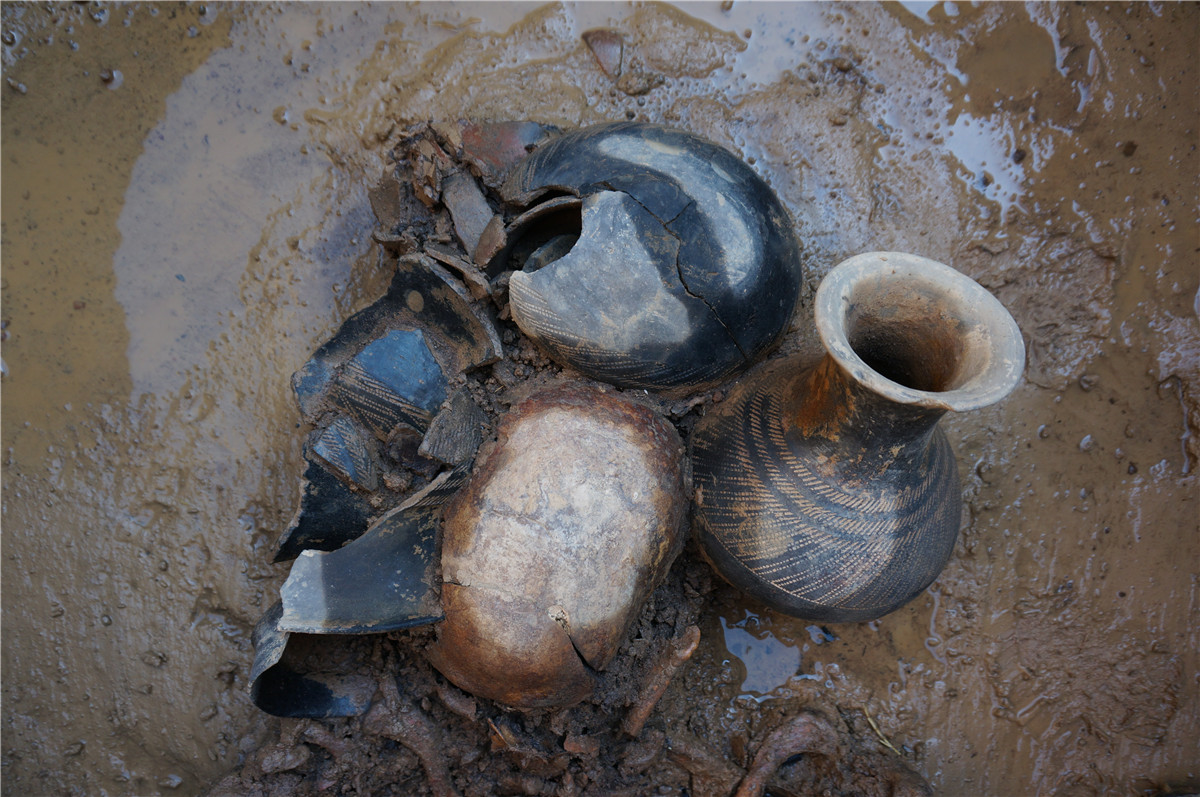
Dali Baiyangcun Yizhi.
The site also features 23 storage pits that contained remnants of rice husks and grains, indicative of the agricultural lifestyle that sustained its inhabitants. Additionally, the discovery of animal bones from domesticated species such as pigs, dogs, cattle, and sheep suggests that animal husbandry played a vital role in their subsistence economy.
Burial practices at Baiyangcun are particularly noteworthy. A total of 34 graves, dating to the later period, were excavated, revealing a variety of burial methods. Among these, the so-called “headless burials,” involving adult men, women, and children, have intrigued scholars due to their potential links to headhunting customs. Other burial types include urn burials, predominantly for children, and a range of grave goods that provide further context to the funerary practices of the time.
The stone tools uncovered at the site, particularly crescent-shaped knives with distinctive features, highlight the technological advancements of the society. These artifacts not only reflect the practical needs of a farming community but also contribute to our understanding of the broader prehistoric cultural landscape of the region.
Baiyangcun stands as a testament to the complexity and richness of early agricultural societies in Yunnan, offering invaluable insights into their way of life, social structures, and cultural practices. This archaeological site continues to be an essential resource for researchers and is a compelling point of interest for visitors seeking to understand the deep historical roots of this fascinating region.
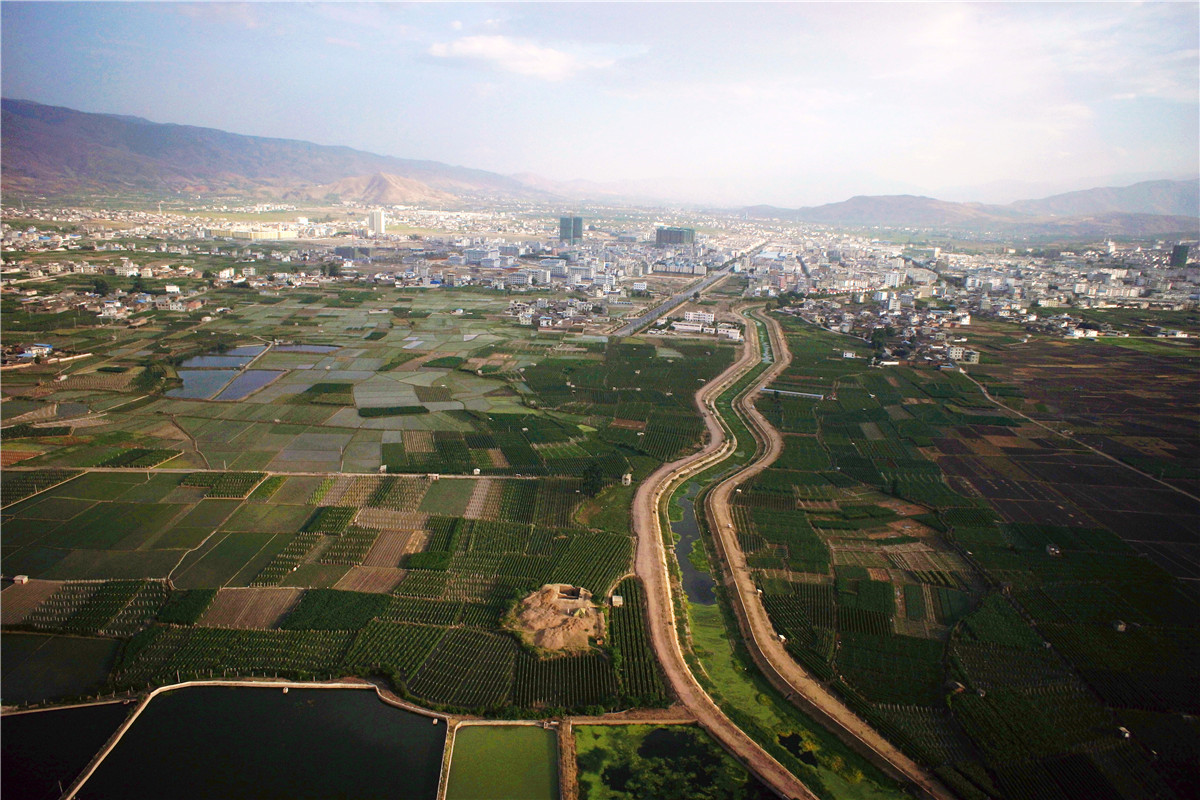
Dali Baiyangcun Yizhi.
Main Highlights: What to See at Dali Baiyangcun Yizhi
Located in the picturesque Dali Bai Autonomous Prefecture, the Baiyangcun Yizhi (白羊村遗址) is a captivating archaeological site that offers a glimpse into ancient agricultural practices and cultural heritage. Here are the key highlights of this fascinating destination:
-
Historical Significance: Dating back to approximately 2200-2100 BC, Baiyangcun Yizhi is one of the earliest known sites in the Yunnan-Guizhou Plateau region to exhibit evidence of rice agriculture. This makes it a vital link to understanding the development of early agrarian societies in southwest China.
-
Archaeological Discoveries: The site was excavated between 1973 and 1974, revealing 11 rectangular house foundations and numerous storage pits. The structures, typically around 10 square meters, were built using wooden pillars and mud walls, showcasing ancient construction techniques.
-
Unique Burial Practices: The site contains 34 burial sites, highlighting diverse funerary customs, including headless burials, which some speculate may relate to headhunting traditions. The complexity of these burial practices provides insight into the cultural beliefs and societal norms of the time.
-
Rich Cultural Artifacts: Artifacts unearthed at the site include distinctive stone knives, primarily shaped like crescent moons with various perforations. These tools offer a glimpse into the daily lives of the people who inhabited the area.
-
Scenic Location: Nestled near the banks of the Jinsha River, the Baiyangcun Yizhi is surrounded by stunning natural beauty, making it an ideal spot for both history enthusiasts and nature lovers. The tranquil landscape enhances the experience of exploring the remnants of an ancient civilization.
-
Educational Opportunities: For visitors interested in archaeology and history, the site serves as a rich educational resource. Informational displays and guided tours provide context to the findings, allowing guests to appreciate the site’s significance fully.
Visiting Baiyangcun Yizhi not only allows for a deeper understanding of early agricultural practices in Yunnan but also offers a serene backdrop for reflection and exploration. Whether you’re a history buff or simply looking to immerse yourself in the beauty of the region, this archaeological site is a must-see on your journey through Dali.
Planning Your Visit: A Practical Guide
Practical Guide to Dali Baiyangcun Yizhi (白羊村遗址)
Location and Accessibility
Dali Baiyangcun Yizhi is situated approximately 3 kilometers northeast of Binchuan County, nestled in the scenic area around the Jinsha River. Given its proximity to Dali City, which is well-connected by highways and public transportation, accessing the site is relatively straightforward. The most convenient way to reach the ruins is by taxi or private vehicle, allowing for a scenic drive through the picturesque landscape of Yunnan Province.
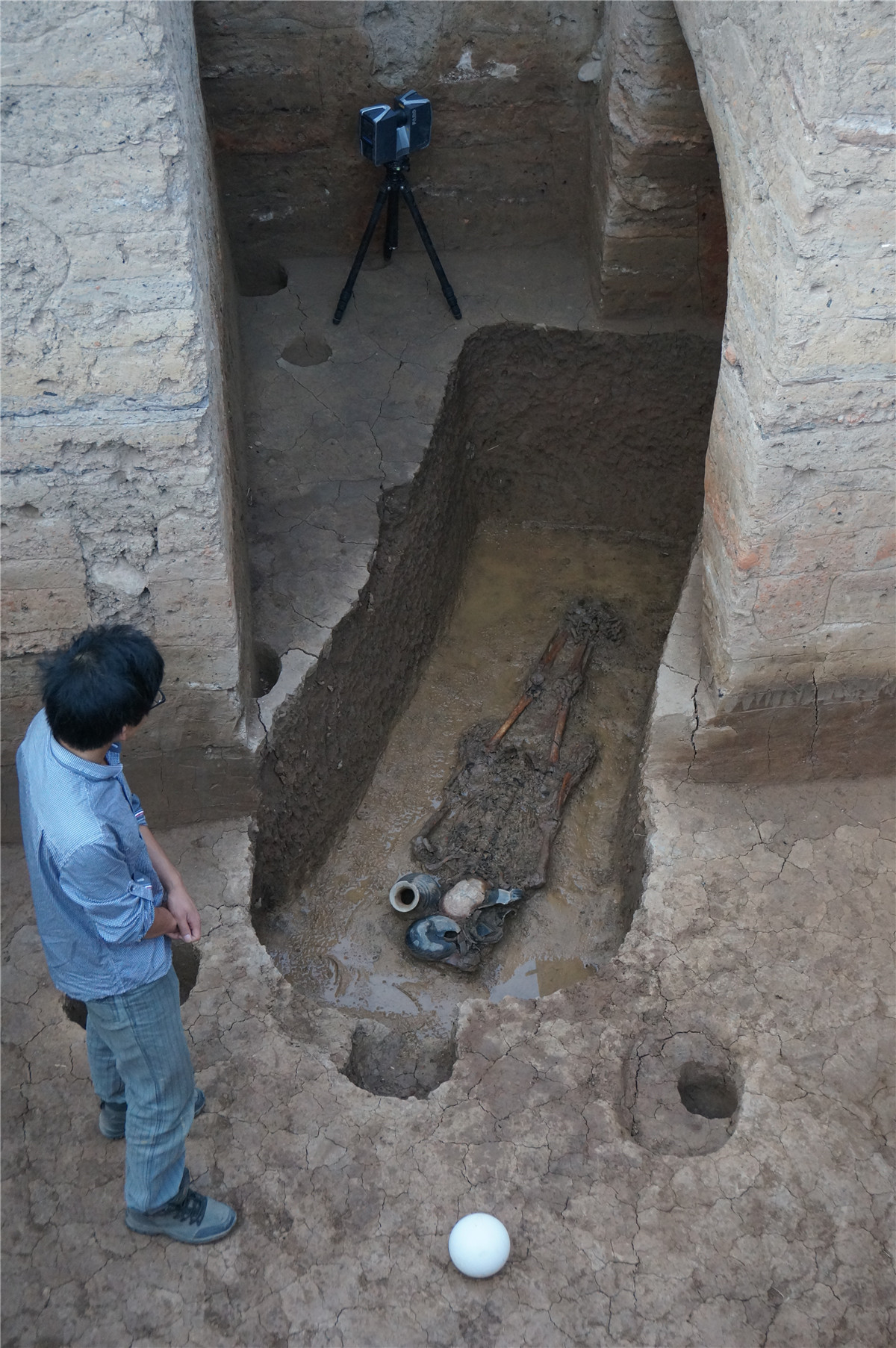
Dali Baiyangcun Yizhi.
Opening Hours
The site is open to visitors from 9:00 AM to 5:00 PM, Tuesday through Sunday. It is advisable to check for any potential changes in hours or special events that may affect access before planning your visit.
Admission Fees
While the site may have minimal entrance fees, it is recommended to confirm the current rates upon arrival. This fee typically covers maintenance of the archaeological site and preservation efforts.
What to Expect
Baiyangcun Yizhi, dating back to approximately 2200-2100 BCE, is one of the oldest known agricultural sites in the region, primarily showcasing rice cultivation. Visitors can explore the extensive archaeological remains that include:
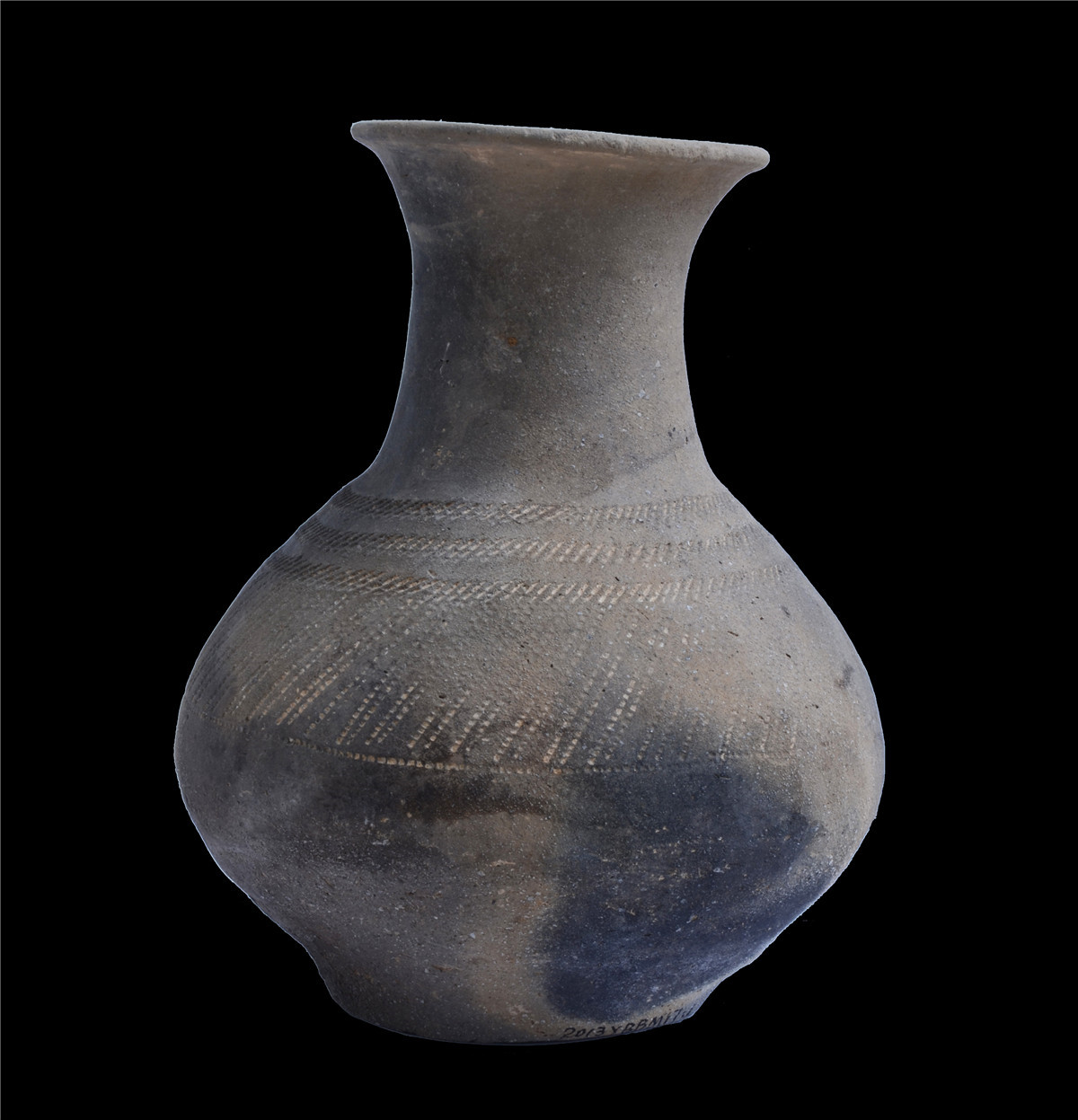
Dali Baiyangcun Yizhi.
- House Foundations: Eleven rectangular building foundations, each around 10 square meters in size, can be found throughout the site. The structures are framed with wooden pillars and feature walls made from a mixture of mud and straw.
- Storage Pits: Evidence of 23 storage pits still containing remnants of rice husks and grains is visible, highlighting the agricultural practices of the ancient inhabitants.
- Burial Sites: There are 34 burial sites, showcasing diverse burial practices including headless burials, which may suggest cultural significance or rituals surrounding death.
Guided Tours
Consider joining a guided tour to gain deeper insights into the historical and cultural context of the site. Knowledgeable guides can provide fascinating narratives regarding the excavation findings and the significance of the early agricultural lifestyle that flourished here.
Best Time to Visit
The ideal time to visit Baiyangcun Yizhi is during the spring and autumn months when the weather is mild and the natural surroundings are at their most beautiful. Early mornings or late afternoons are also preferable for avoiding the heat and enjoying the site in quieter conditions.
Nearby Attractions
After exploring the ruins, consider visiting nearby attractions such as:
- Dali Ancient City: A short drive away, this historic city is renowned for its well-preserved architecture and vibrant local culture.
- Erhai Lake: Just a bit further, this stunning lake offers opportunities for boating, cycling, and enjoying local cuisine at lakeside restaurants.
- Cangshan Mountain: A majestic backdrop to the Dali region, it boasts hiking trails, scenic views, and a diverse ecosystem.
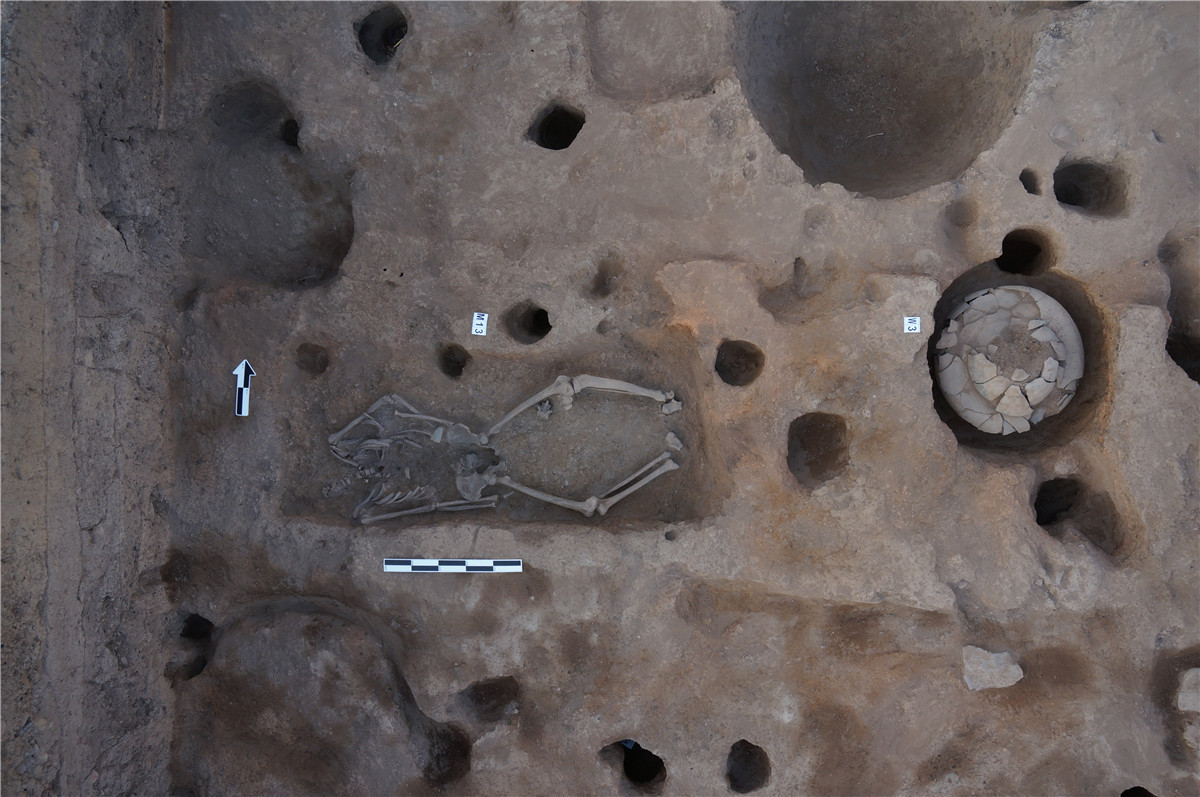
Dali Baiyangcun Yizhi.
Travel Tips
– Wear comfortable walking shoes, as the site involves walking on uneven terrain.
– Bring water and snacks, as facilities on-site may be limited.
– Consider downloading a translation app or bringing a phrasebook if you are not fluent in Mandarin, as English may not be widely spoken in this area.
By taking the time to visit Baiyangcun Yizhi, you will not only explore a significant archaeological site but also gain a profound appreciation for the ancient agricultural practices that shaped the region’s history.
Tickets, Hours, and Booking
When planning your visit to the Dali Baiyangcun Yizhi (白羊村遗址), it’s essential to be aware of the ticketing details to ensure a smooth experience.
Ticket Information
-
Admission Fee: The entrance ticket to Baiyangcun Yizhi is priced at approximately 70 RMB. This fee contributes to the conservation and maintenance of the site, which is significant for preserving the rich history and archaeological findings of the area.
-
Opening Hours: The site is open to visitors from 9:00 AM to 5:00 PM. It’s advisable to arrive early to fully explore the ruins and appreciate the surrounding natural beauty.
-
Location: Baiyangcun Yizhi is located about 3 kilometers northeast of Binchuan County, situated within the scenic Jinsha River basin. This location adds to the overall allure of the site, making it a perfect stop for history enthusiasts and nature lovers alike.
-
Best Time to Visit: While the site is open year-round, visiting during the spring or autumn can provide a more pleasant climate, enhancing your exploration experience.
-
Accessibility: The area is generally accessible, but be prepared for some uneven terrain as you navigate the archaeological site.
It’s recommended to purchase tickets in advance during peak tourist seasons to avoid long waiting times. Enjoy your journey through the ancient history of the Baiyang Village ruins!
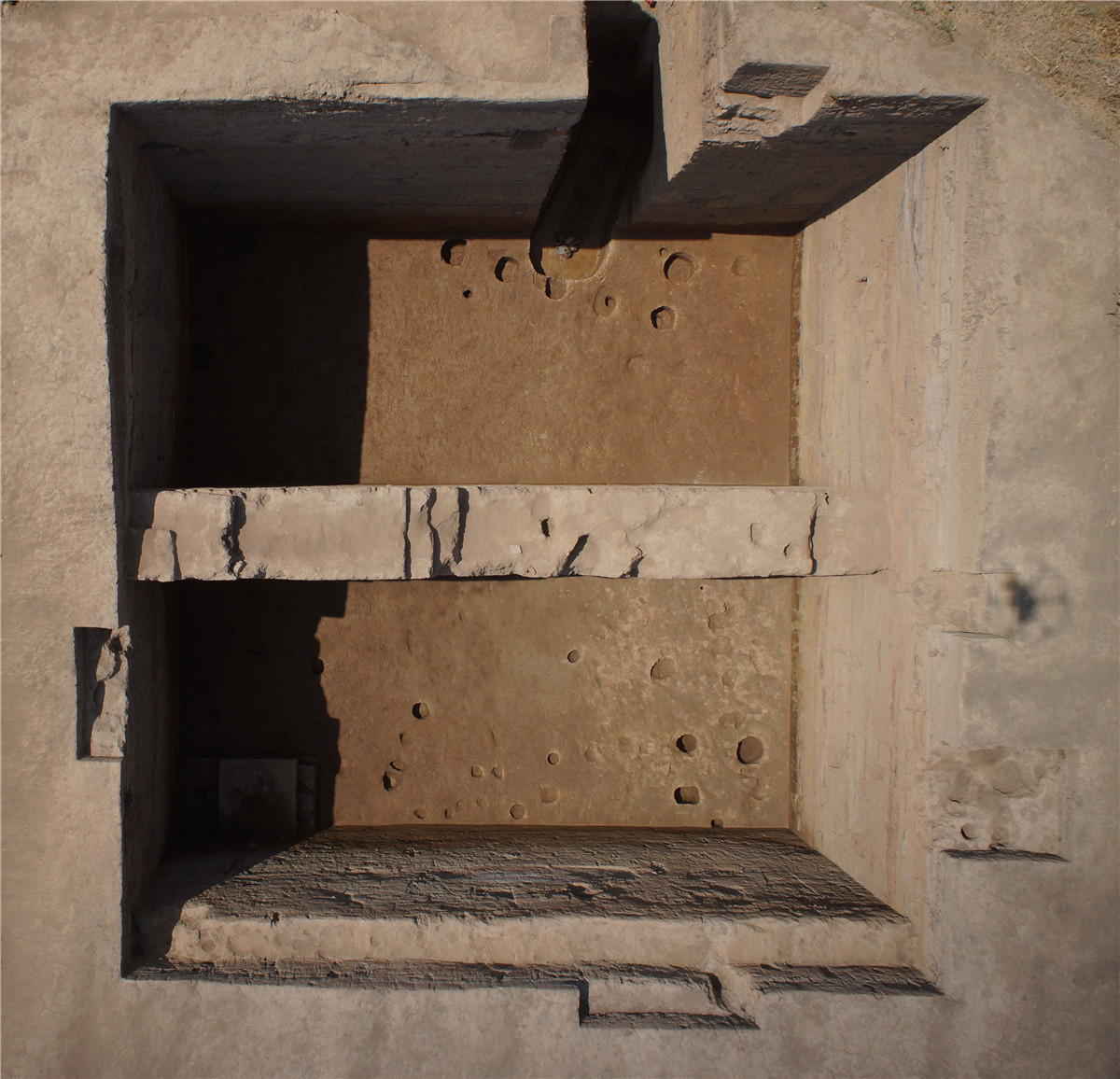
Dali Baiyangcun Yizhi.
How to Get There
When planning your visit to Baiyangcun Yizhi (白羊村遗址), located approximately 3 kilometers northeast of Binchuan County in Yunnan Province, it’s essential to understand your transportation options to ensure a smooth journey to this fascinating archaeological site. Here’s a comprehensive guide to getting there.
Getting to Baiyangcun Yizhi
By Air
The nearest major airport is Dali Airport (DLU), located about 30 kilometers from the site. From international hubs, you can find connecting flights to Dali. Once you arrive at Dali Airport, you have several options for onward travel to Baiyangcun Yizhi:
- Airport Shuttle Bus: There are shuttle buses that connect the airport to Dali City, where you can switch to local transportation.
- Taxi: Taxis are readily available at the airport and provide a convenient and direct option to reach Baiyangcun Yizhi. Ensure to negotiate the fare or use a ride-hailing app if available.
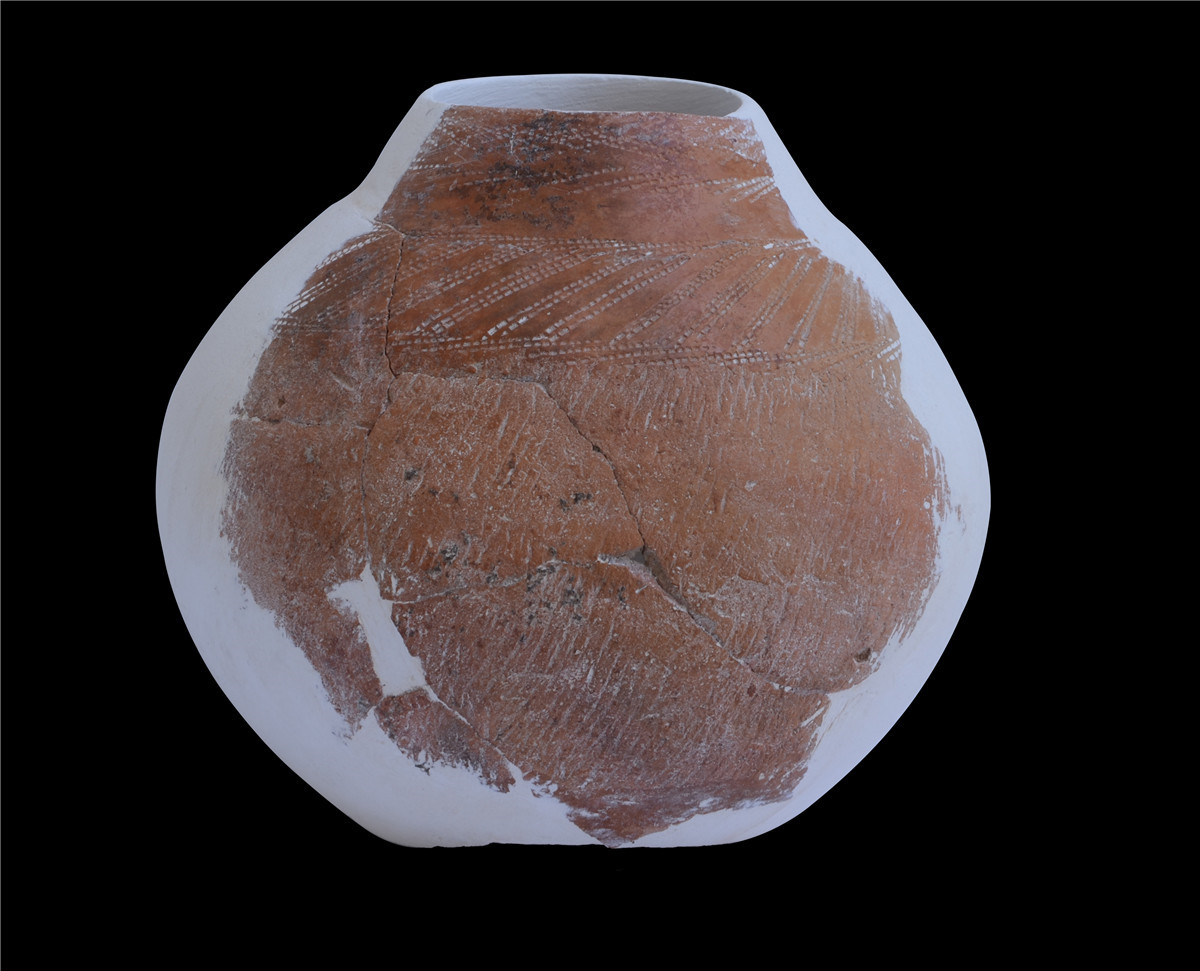
Dali Baiyangcun Yizhi.
By Train
For those traveling from major cities like Kunming, taking a train to Dali is a popular option. The Dali Railway Station is well-connected and offers frequent services.
- From Dali Railway Station to Baiyangcun Yizhi: Once in Dali, you can take a local bus or hire a taxi to reach Baiyangcun Yizhi. The distance is about 30 kilometers, and the journey takes approximately 40-50 minutes by car.
By Bus
Buses are a cost-effective way to travel around Yunnan Province. From Dali, you can take a bus to Binchuan County, which operates regularly throughout the day.
- Local Buses: After arriving in Binchuan, local buses can transport you to Baiyangcun Yizhi. Alternatively, taxis are available for a more comfortable ride.
By Car
If you prefer a more independent travel experience, renting a car is an excellent option. This allows you to explore the scenic routes of Yunnan at your own pace.
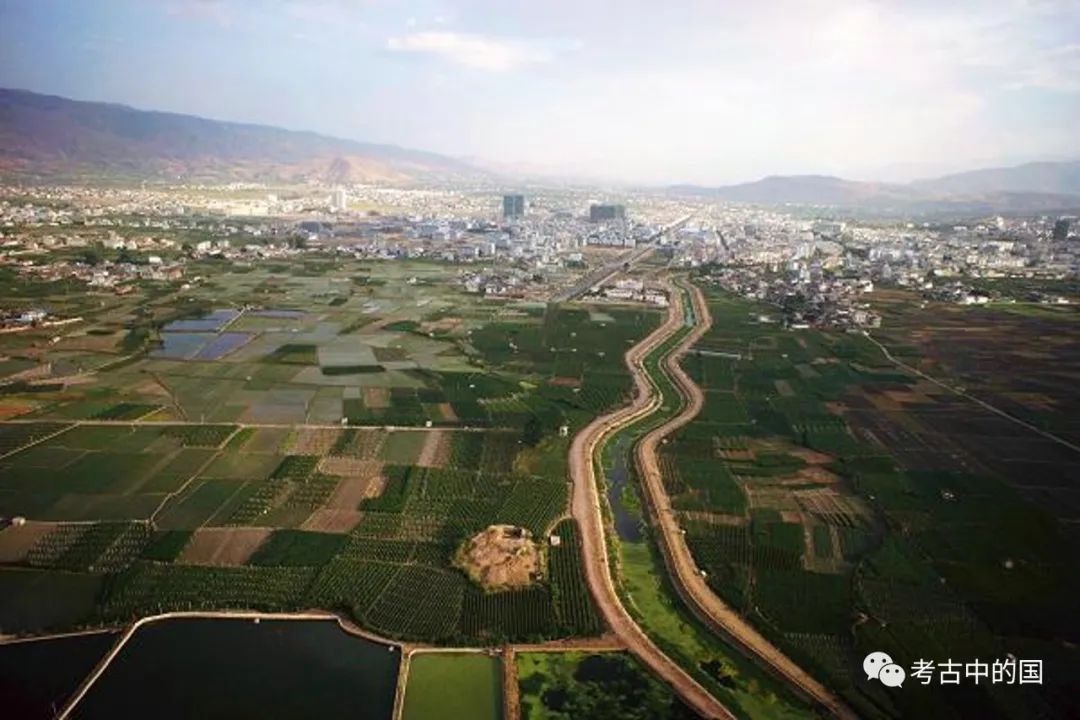
Dali Baiyangcun Yizhi.
- Rental Services: Various car rental services operate in Dali and can be booked in advance. Ensure that you have a valid driver’s license and are familiar with local driving regulations.
Local Transportation
Once you arrive at Baiyangcun Yizhi, the site itself is relatively small, making it easy to navigate on foot. However, if you wish to explore the surrounding areas, consider hiring a local guide or using a bicycle for a more immersive experience.
Tips for Travelers
- Language: English may not be widely spoken in the area, so having a translation app or a phrasebook can be helpful.
- Cash: While larger establishments may accept cards, many local vendors and transport options require cash. It’s advisable to have sufficient Chinese yuan on hand.
- Weather Preparedness: The region can experience varying weather conditions, so check the forecast and dress appropriately for your visit.
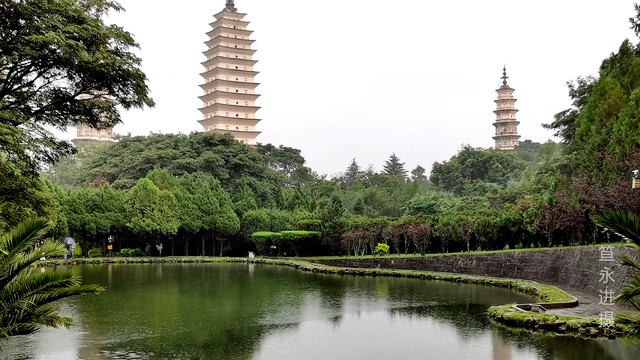
Dali Baiyangcun Yizhi.
With these transportation options and tips, you’ll be well-prepared to embark on your journey to Baiyangcun Yizhi, ensuring a seamless experience at this culturally rich archaeological site.
Local Cuisine and Accommodation
When visiting Dali Baiyangcun Yizhi, a site renowned for its rich cultural heritage and archaeological significance, you’ll want to indulge in the local cuisine and find accommodations that enhance your experience in this picturesque region.
Culinary Delights
Dali is celebrated for its diverse and flavorful cuisine, heavily influenced by the Bai ethnic culture. Here are some must-try dishes and dining recommendations:
-
Bai-style Grilled Fish (白族烤鱼): Freshly caught fish from the nearby lakes, seasoned with local herbs and spices, then grilled to perfection. Look for restaurants around Dali Ancient Town for authentic experiences.
-
Erhai Fish Curd (洱海鱼肚): A local delicacy made from the fish found in Erhai Lake, this dish features tender fish curd, usually served in a light broth with mushrooms and vegetables. The best places to taste this dish are those near the lake where the catch is freshest.
-
Rice Noodles (米线): A staple in Yunnan cuisine, these noodles can be found served in a variety of ways. Try the spicy and sour version, often garnished with fresh herbs and vegetables. Many small eateries throughout Dali serve delicious bowls at affordable prices.
-
Bai-style Three Courses (白族三道菜): A traditional Bai meal consisting of three dishes that typically include a vegetable dish, a meat dish, and a soup. Head to local family-run restaurants for an authentic taste of this traditional meal.
-
Local Snacks: Don’t miss out on sampling street food such as grilled skewers, sweet potato cakes, and the famous ‘Roti’ pancakes filled with various fillings. The night markets in Dali are bustling with vendors offering these tasty bites.
Accommodation Options
For a comfortable stay near Dali Baiyangcun Yizhi, consider the following accommodations that reflect the local culture and offer excellent amenities:

Dali Baiyangcun Yizhi.
-
Dingdaluyulu Villa (丁达尔嶼鹿Villa): Located conveniently near Dali Ancient Town, this modern villa features stunning design and five-star service. It’s an ideal choice for those wanting to explore the area while enjoying luxury accommodations.
-
Bai Ethnic Guesthouses: For a more immersive experience, consider staying at a Bai-style guesthouse. These often feature traditional architecture, warm hospitality, and provide a glimpse into local life. Many guesthouses also offer homemade breakfasts with local ingredients.
-
Erhai Lake Resorts: If you prefer a lakeside view, there are several resorts along the shores of Erhai Lake. These often come with stunning vistas and provide an array of activities such as cycling, fishing, and hiking nearby.
-
Boutique Hotels in Dali Old Town: Choose one of the boutique hotels nestled in the scenic lanes of Dali Old Town. These hotels often combine traditional Bai elements with modern comforts, offering a unique atmosphere for your stay.
When planning your visit to Dali Baiyangcun Yizhi, make sure to savor the local flavors and enjoy the warm hospitality that the area has to offer, ensuring a memorable journey through its stunning landscapes and rich cultural heritage.
Frequently Asked Questions
-
Where is the Baiyangcun Yizhi located?
The Baiyangcun Yizhi, or Baiyang Village Ruins, is situated approximately 3 kilometers northeast of Binchuan County in Yunnan Province, China. It lies within the Jinsha River Basin. -
What is the historical significance of the Baiyangcun Yizhi?
This archaeological site is notable for being one of the earliest known agricultural settlements in the region, dating back to around 2200-2100 BCE. It offers valuable insights into the early rice cultivation practices and the cultural characteristics of the area. -
What can visitors expect to see at the site?
Visitors will find remnants of 11 rectangular building foundations, storage pits with traces of rice husks, and a variety of burial sites, including unique burial practices that suggest a rich cultural history. The site also features distinctive stone tools. -
Is there an entrance fee to visit the Baiyangcun Yizhi?
Currently, specific information about entrance fees is not readily available. It is advisable to check local resources or contact local tourism offices for the latest details before planning your visit. -
What are the best times to visit Baiyangcun Yizhi?
The ideal times to visit are during the spring (March to May) and autumn (September to November) when the weather is mild and conducive to exploration. These seasons also offer scenic views of the surrounding landscapes. -
How do I get to Baiyangcun Yizhi from Dali?
To reach Baiyangcun Yizhi from Dali, you can take a local bus or hire a taxi. The journey typically takes about an hour, depending on traffic conditions. -
Are there any guided tours available?
Yes, various local tour operators offer guided tours to Baiyangcun Yizhi that often include transportation, a knowledgeable guide, and additional stops at nearby attractions. It’s recommended to book in advance during peak travel seasons. -
What should I bring when visiting the site?
Visitors should wear comfortable walking shoes, bring water, and consider sun protection such as hats and sunscreen. A camera is also advisable to capture the archaeological features and the scenic surroundings.
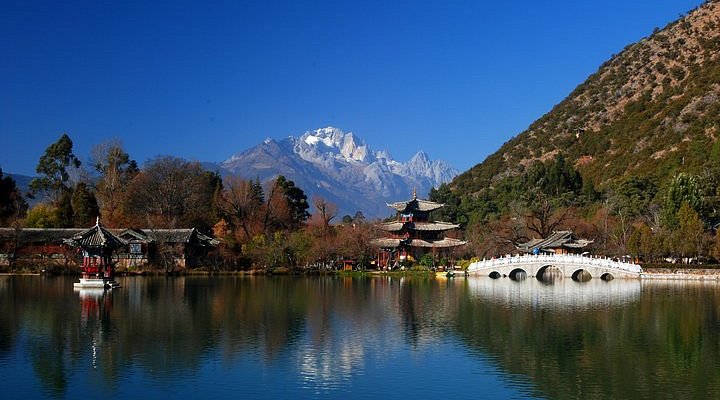
Dali Baiyangcun Yizhi.
Final Thoughts on Your Trip
As you conclude your exploration of Dali Baiyangcun Yizhi, let the rich tapestry of history and culture envelop you like the gentle breezes that sweep through this enchanting region. This archaeological site, dating back to the early agricultural societies of the Yunnan plateau, is not just a relic of the past but a vital link to understanding the evolution of human civilization in this part of China.
Walking amidst the remnants of ancient dwellings and the echoes of past lives, you can appreciate the ingenuity and resilience of those who once thrived here. The stories of agricultural practices and social customs revealed through excavations resonate deeply, inviting you to reflect on the connections we all share through time and space.
Whether you are captivated by the intricate burial traditions or the stunning landscapes surrounding the site, Baiyangcun offers a unique opportunity to immerse yourself in history while enjoying the natural beauty of the Dali region. As you leave, carry with you a sense of wonder and a desire to seek out more hidden gems that weave together the narrative of humanity’s journey across the ages. Embrace the adventure that lies ahead, for every destination holds the promise of discovery.
